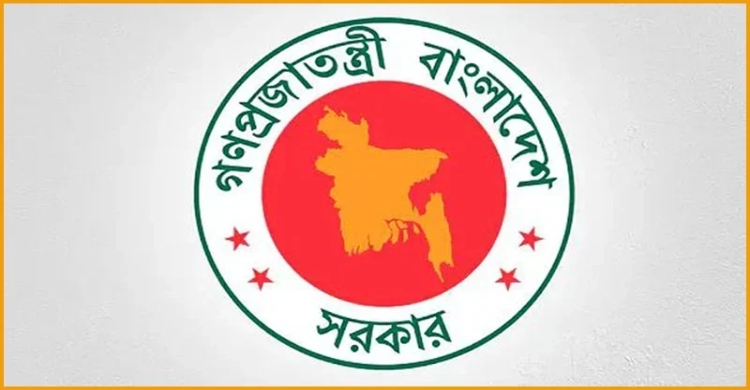Govt releases booklet outlining reform initiatives


The interim government today released a booklet outlining the sector-wise reform initiatives it undertook since assuming the charge of the country last year.
The booklet outlined briefly the initiatives for different sectors saying: "it is not an exhaustive list, but a living document that will be updated as reforms progress and new initiatives are adopted".
The infrastructure sectors being reformed are power and railways while other areas mentioned in the booklet are electoral system, justice system, public financial management, information, communication and technology, gender violence and child protection.
Education, including technical and vocational education and training (TVET), social protection, labour rights, migration, human rights, youth promotion and public administration are other sectors which came under the purview of the reform initiatives.
According to the booklet, as part of the electoral reforms, the government framed a draft on National Parliament Constituency Delimitation to be done in the form of ordinance ahead of the next election which by now received the Council of Advisers approval.
The government seeks to amend the Representation of the People Order (RPO) while its draft is currently being reviewed by the Election Commission along with the draft "Governs accreditation process for domestic and international election observers".
In the justice sector, the interim government established a Supreme Judicial Appointment Council headed by the Chief Justice to ensure "transparent, merit-based appointments to the higher judiciary".
According to the booklet the government drafted a proposed Supreme Court Secretariat Ordinance to establish an autonomous office under the authority of the Chief Justice, "ending dual executive-judicial control over lower courts' administration and enabling financial and institutional autonomy of the judiciary".
The draft legislation is under review, it said.
The government also amended International Crimes Tribunal Act 1973 while the first set of amendments in November 2024 aimed to bring the ICT law in line with international criminal justice standards.
The amendment, the booklet said, confirmed "inadmissibility of evidence obtained by means of a human rights violation, possibility of seeking foreign counsel, legal defence available for persons tried in absentia and appeal process for persons prosecuted for contempt of court.
"The second set of amendments in May 2025 aimed to facilitate the adoption of restrictive measures against the Awami League, e.g. by empowering the ICT to ban political parties, cancel party registrations, and confiscate assets of political parties charged with crimes against humanity, genocide or war crimes," it read.
The government, it said, initiated a process to establish specialised Commercial Courts to ensure the speedy and efficient resolution of commercial disputes of a specified value (minimum BDT 50 lakh) and thereby promote investment, support economic growth, and enhance the business environment.
"The (proposed) Ordinance provides for pre-institution mediation, dedicated commercial benches, fast-track procedures, appellate mechanisms, and data transparency," the booklet said, adding the European Union extended support and expertise through TAIEX.
The interim government, it said, intends to amend the Public Service Act 2018 for "significantly reshaping the disciplinary framework for nearly 1.4 million civil servants".
The proposed law aimed to introduce "quick disciplinary actions with tighter timelines and limits on appeals" while it "eliminates formal inquiries, raising concerns over arbitrary punishments and weakened defence rights".
